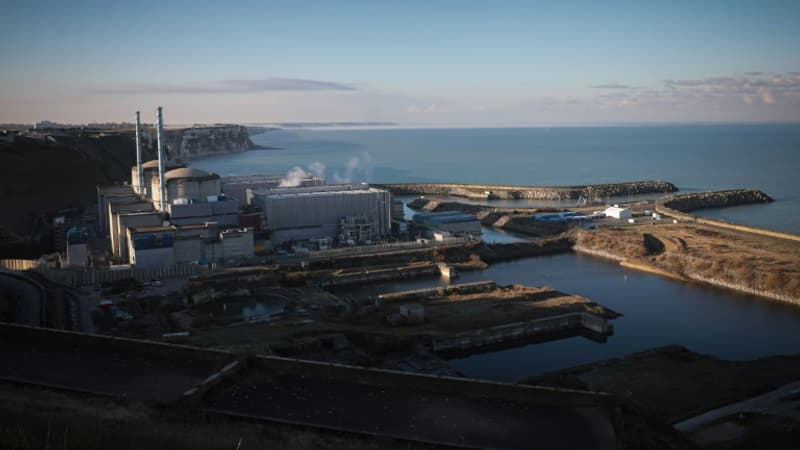The Caisse des Dépôts (CDC) savings fund could help finance the nuclear recovery plan in France without penalizing social housing, the new CDC director of the CDC, Olivier Sichel, on Thursday, June 19.
“Even if we finance the EPRs, we will always have enough money to finance social housing or local communities,” said Olivier Sichel in Franceinfo.
The savings fund centralizes and manages 59.5% of the regulated savings of the French, that is, the sums deposited in brochures A and the sustainable and solidarity development brochures (LDDS), which are essentially dedicated to the financing of social housing and projects of general interest of the local authorities.
“Today there are 400 billion in the Savings fund: 200 billion lent themselves to social owners and local communities and, therefore, 200 billion,” said Olivier Sichel.
Therefore, part of these sums could help finance nuclear energy “without expelling a single euro to the detriment of social housing,” he added.
18 billion euros
The deputy of Gers Jean-René Cazeneuve (Together for the Republic), which chairs the CDC supervision commission, had estimated in May that the fund could participate up to 18 billion euros in the financing of nuclear recovery.
“We verify and can easily go to 18 billion, even further,” said Olivier Sichel. But the use of the savings fund depends on “an authorization that the Minister of Economy and Finance must give,” said Sichel.
The current tenant of Bercy, Eric Lombard, who preceded Olivier Sichel at the head of the CDC, had declared last year, while the fund still directed, to participate in the financing of new electrical plants.
But according to a compensation decree published at the end of May in the official magazine, Eric Lombard cannot deal with issues related to the CDC group, this attribution now under the prime minister.
The French government acted at the beginning of the month the construction program for six new high -power EPR reactors by 2038.
The evaluation of the costs of this program is not yet complete, but the minister responsible for energy Marc Ferracci had solved in February the orders of magnitude, evoking a cost “of less than 100 billion euros”.
Source: BFM TV


